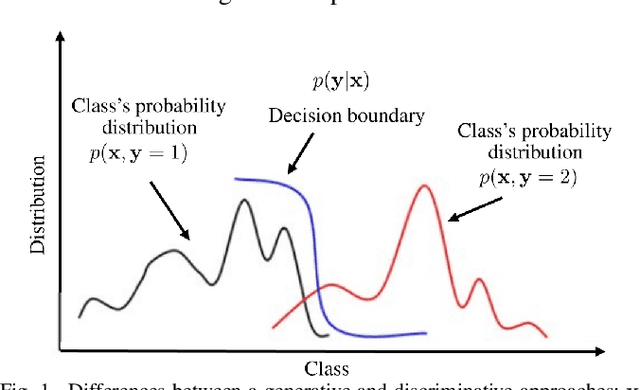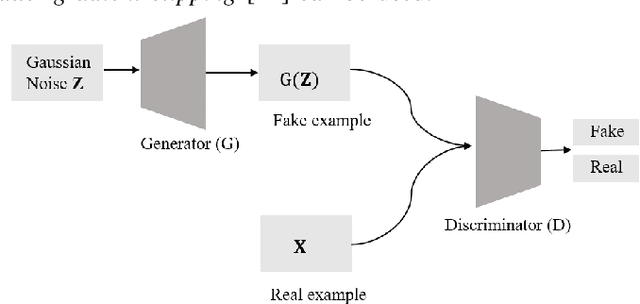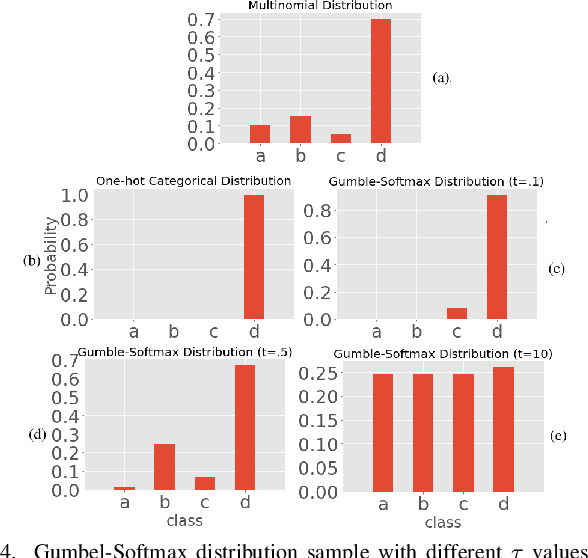Encoder-Decoder Generative Adversarial Nets for Suffix Generation and Remaining Time Predication of Business Process Models
Paper and Code
Jul 30, 2020



This paper proposes an encoder-decoder architecture grounded on Generative Adversarial Networks (GANs), that generates a sequence of activities and their timestamps in an end-to-end way. GANs work well with differentiable data such as images. However, a suffix is a sequence of categorical items. To this end, we use the Gumbel-Softmax distribution to get a differentiable continuous approximation. The training works by putting one neural network against the other in a two-player game (hence the "adversarial" nature), which leads to generating suffixes close to the ground truth. From the experimental evaluation it emerges that the approach is superior to the baselines in terms of the accuracy of the predicted suffixes and corresponding remaining times, despite using a naive feature encoding and only engineering features based on control flow and events completion time.
 Add to Chrome
Add to Chrome Add to Firefox
Add to Firefox Add to Edge
Add to Edge